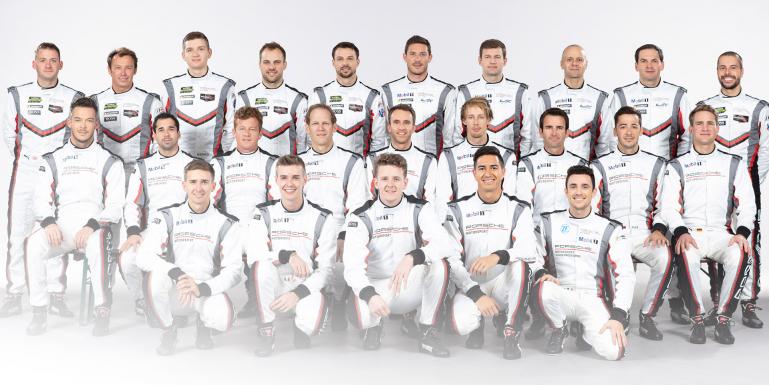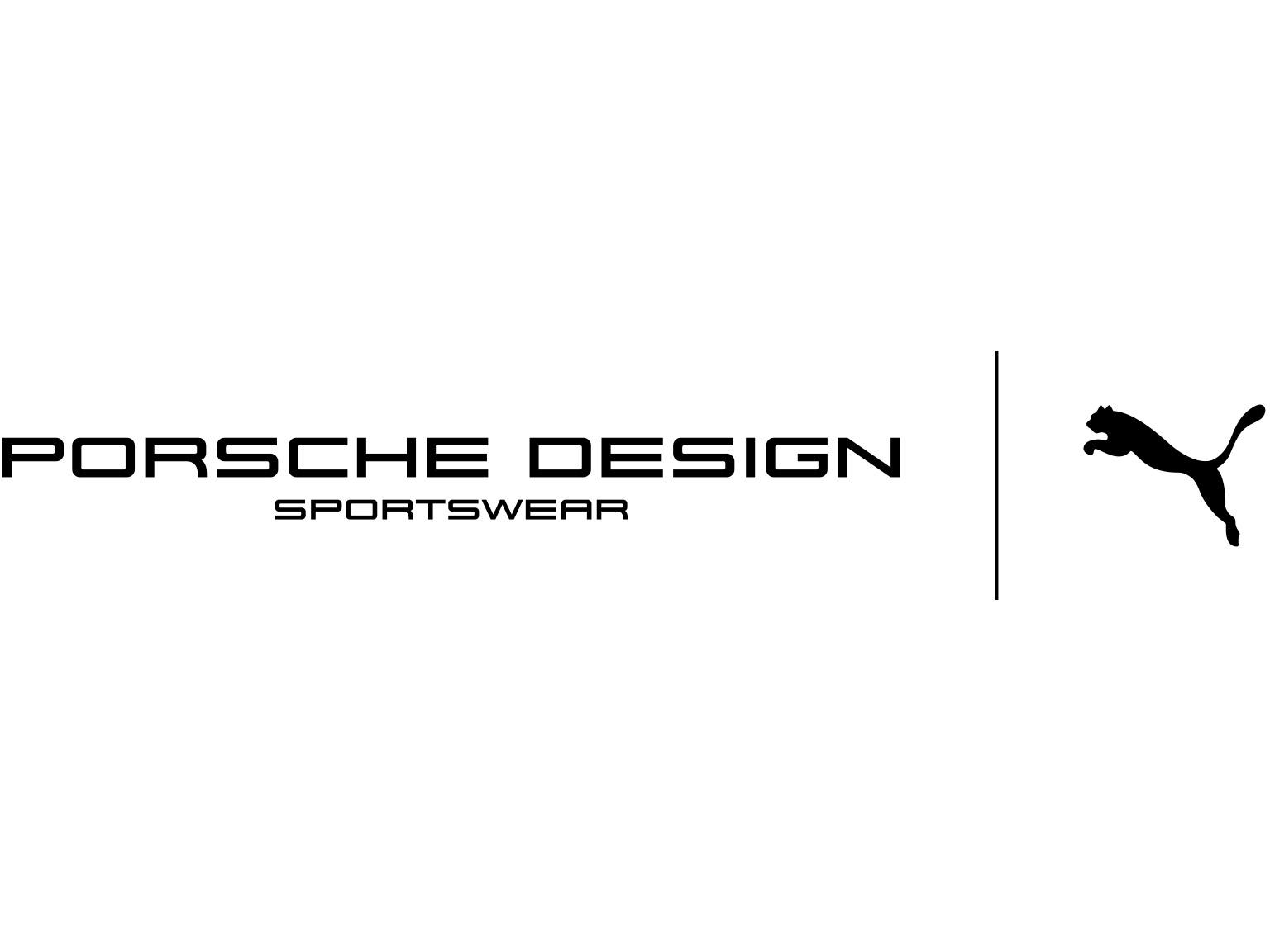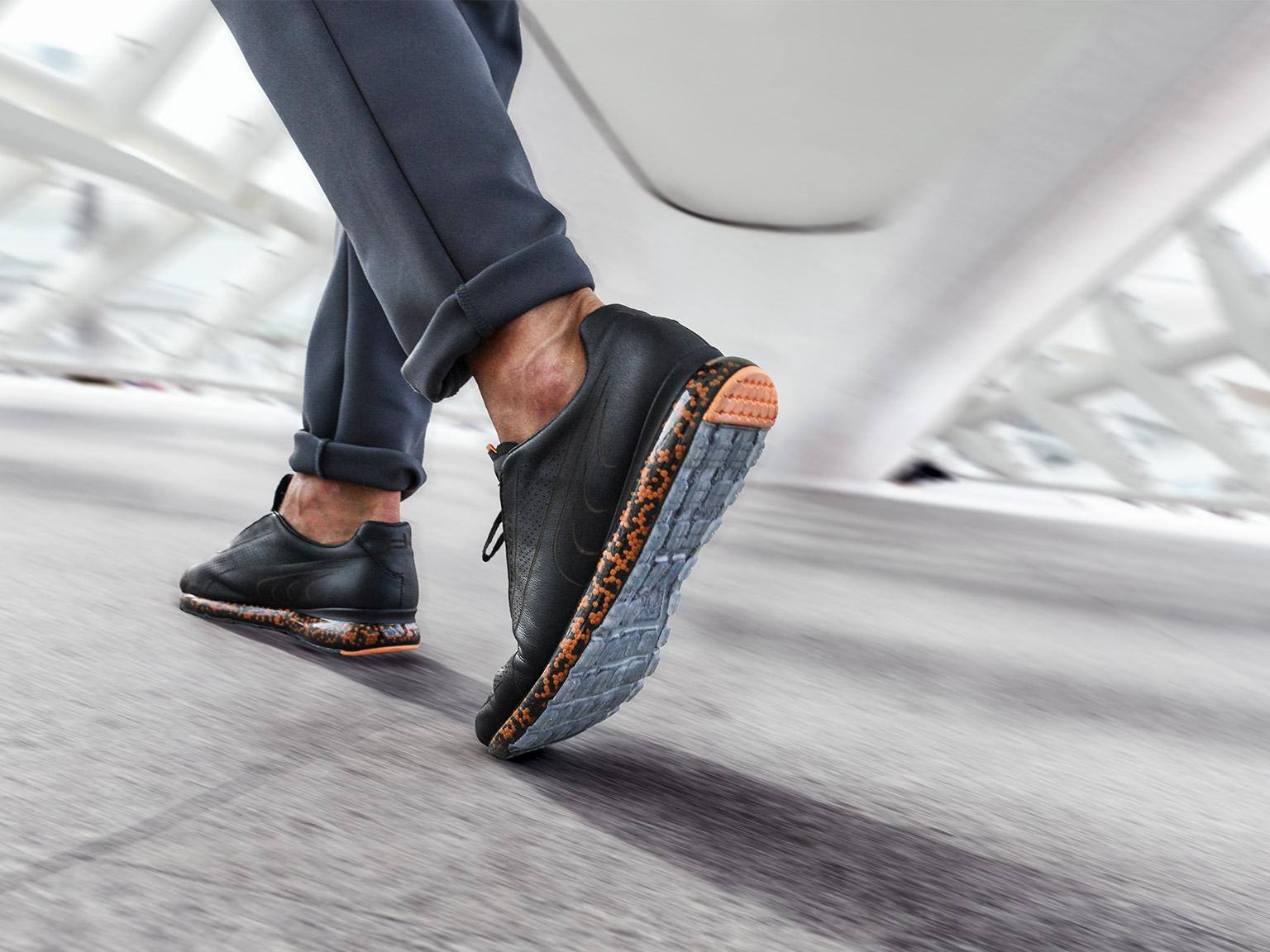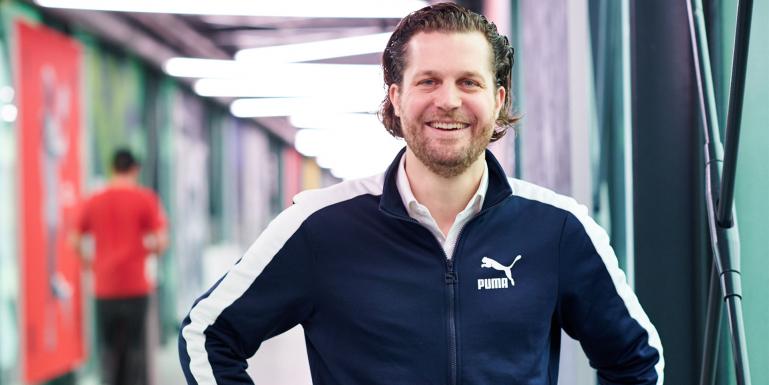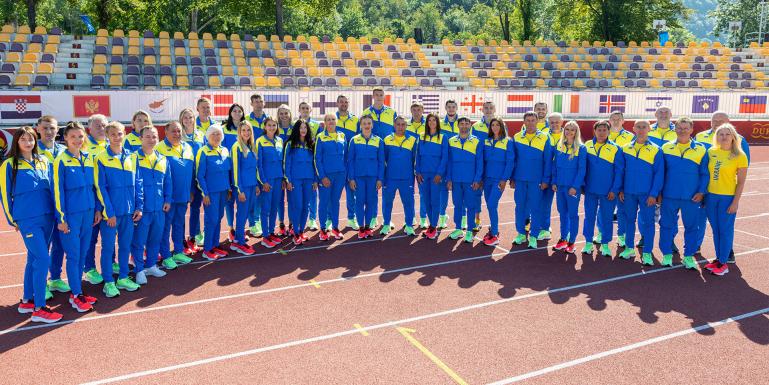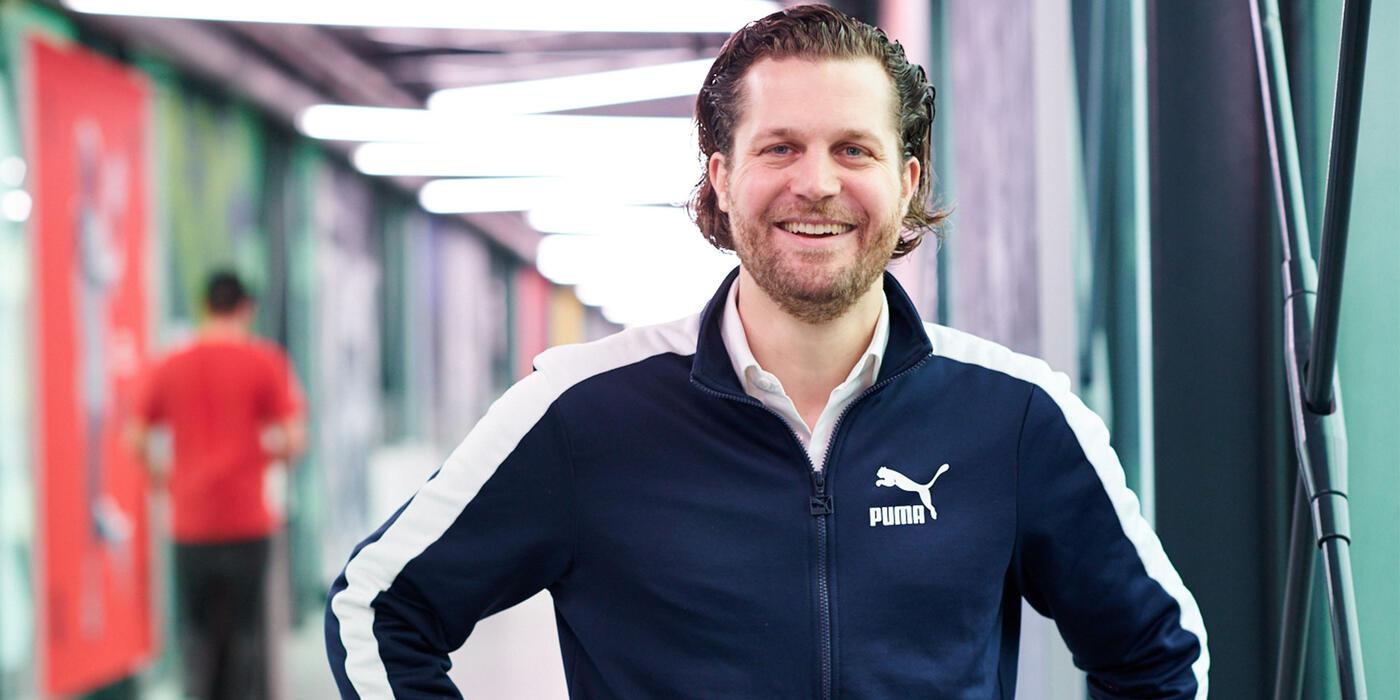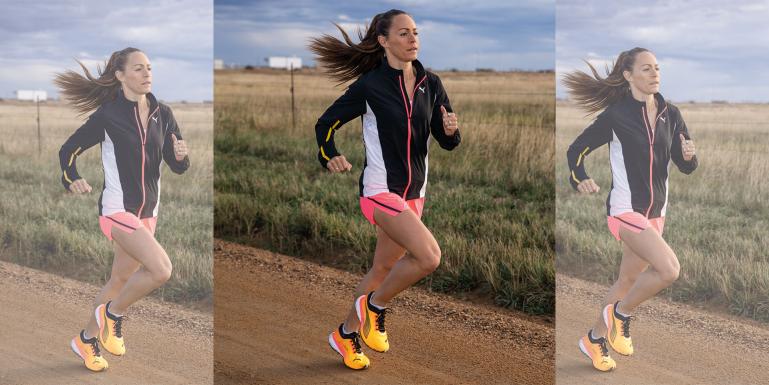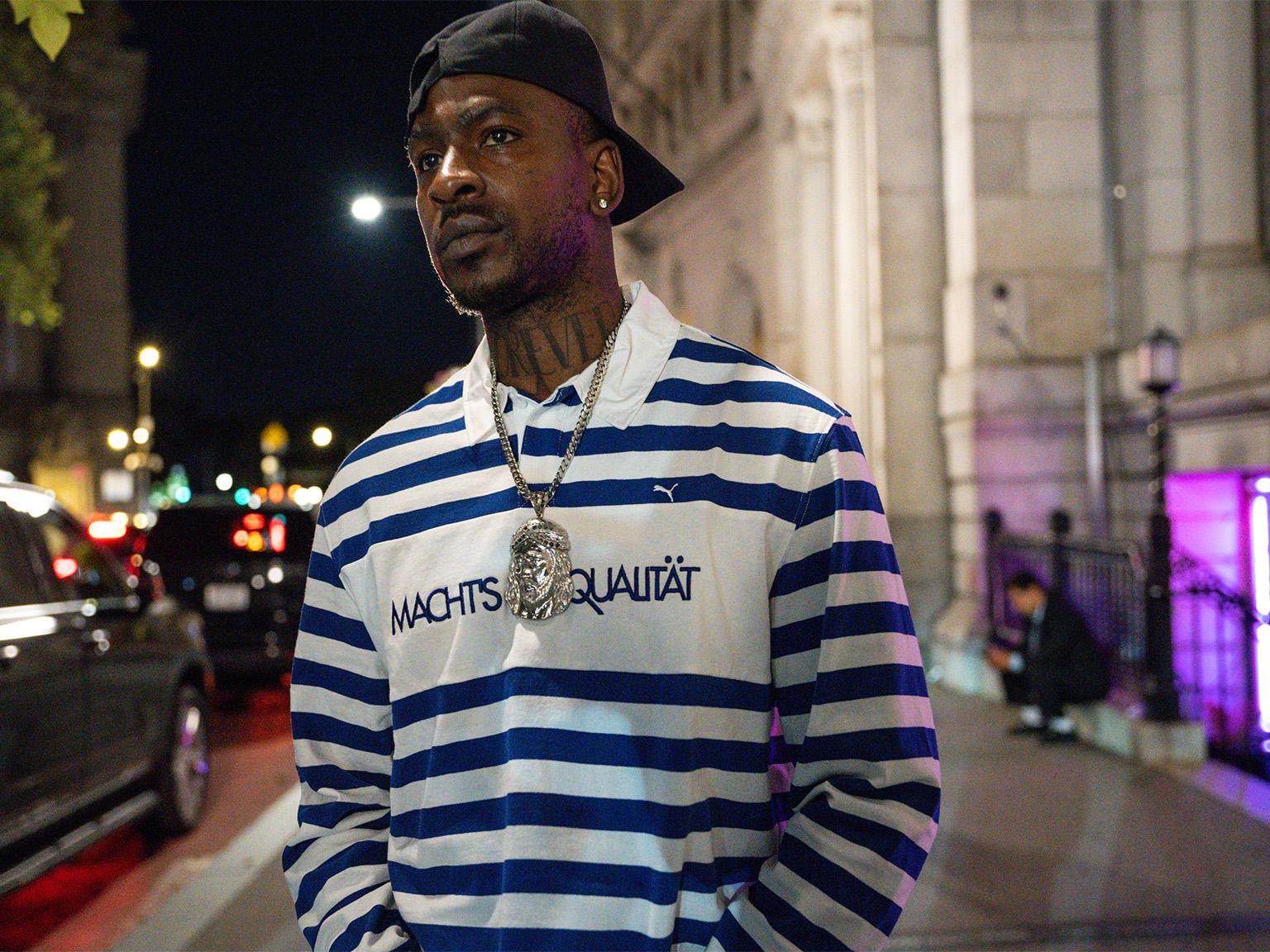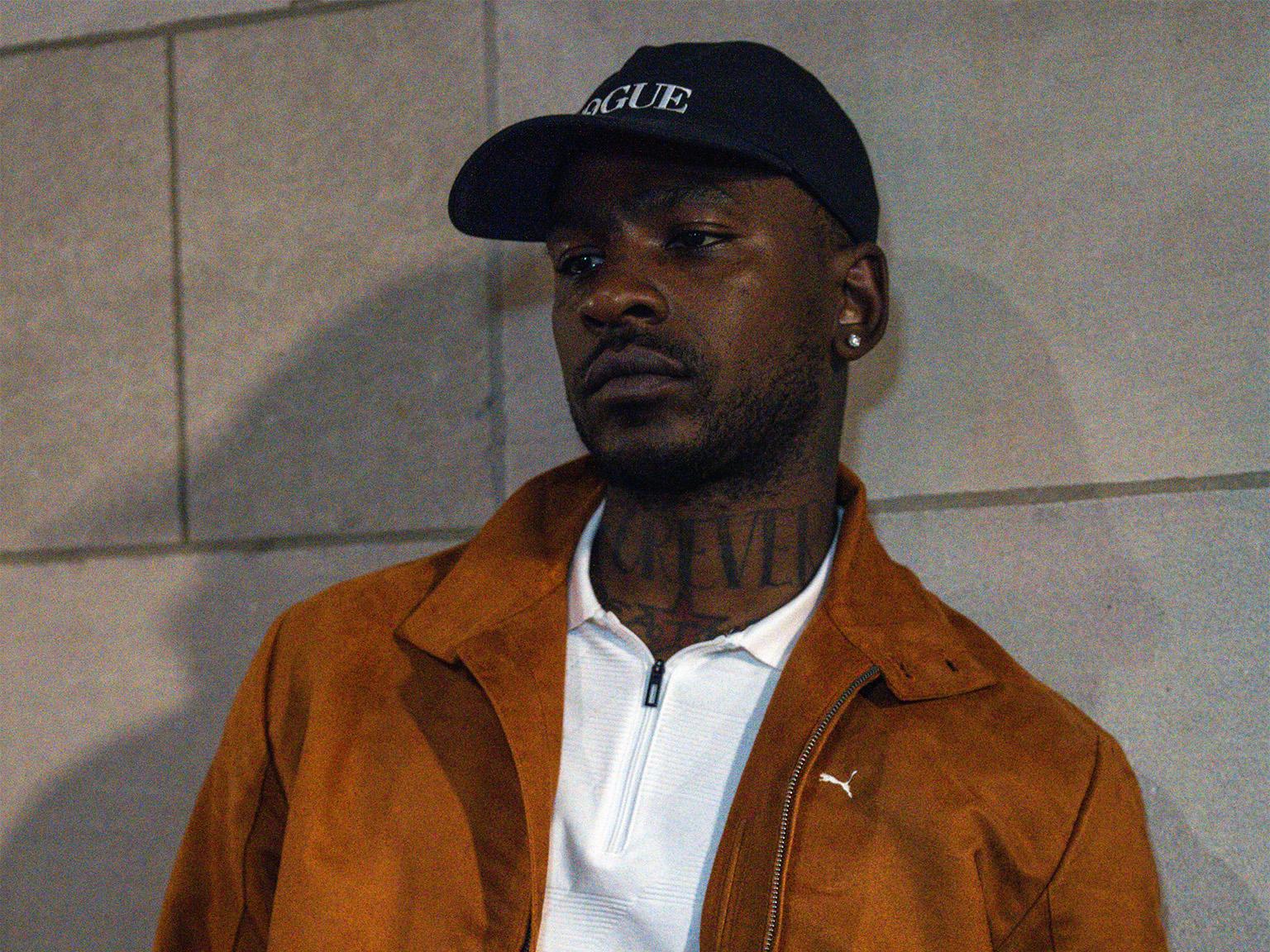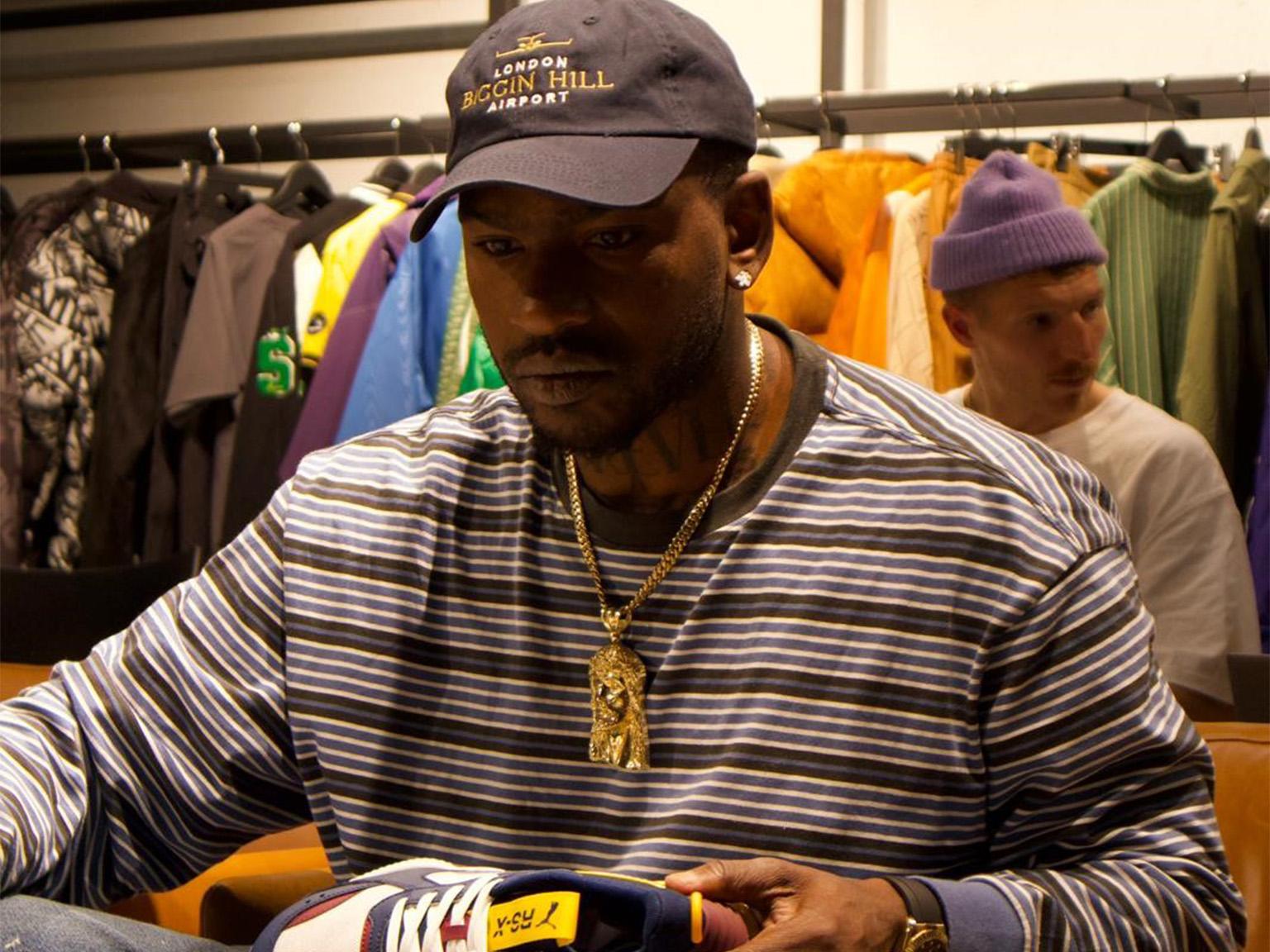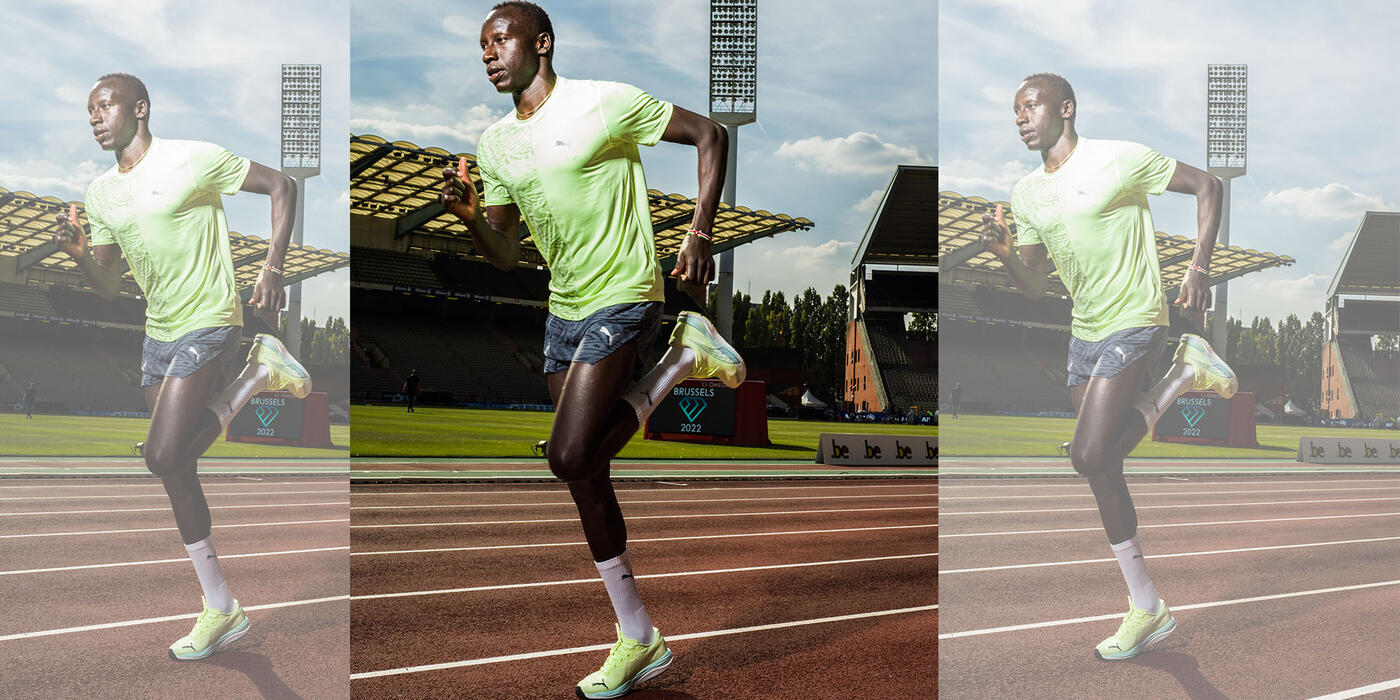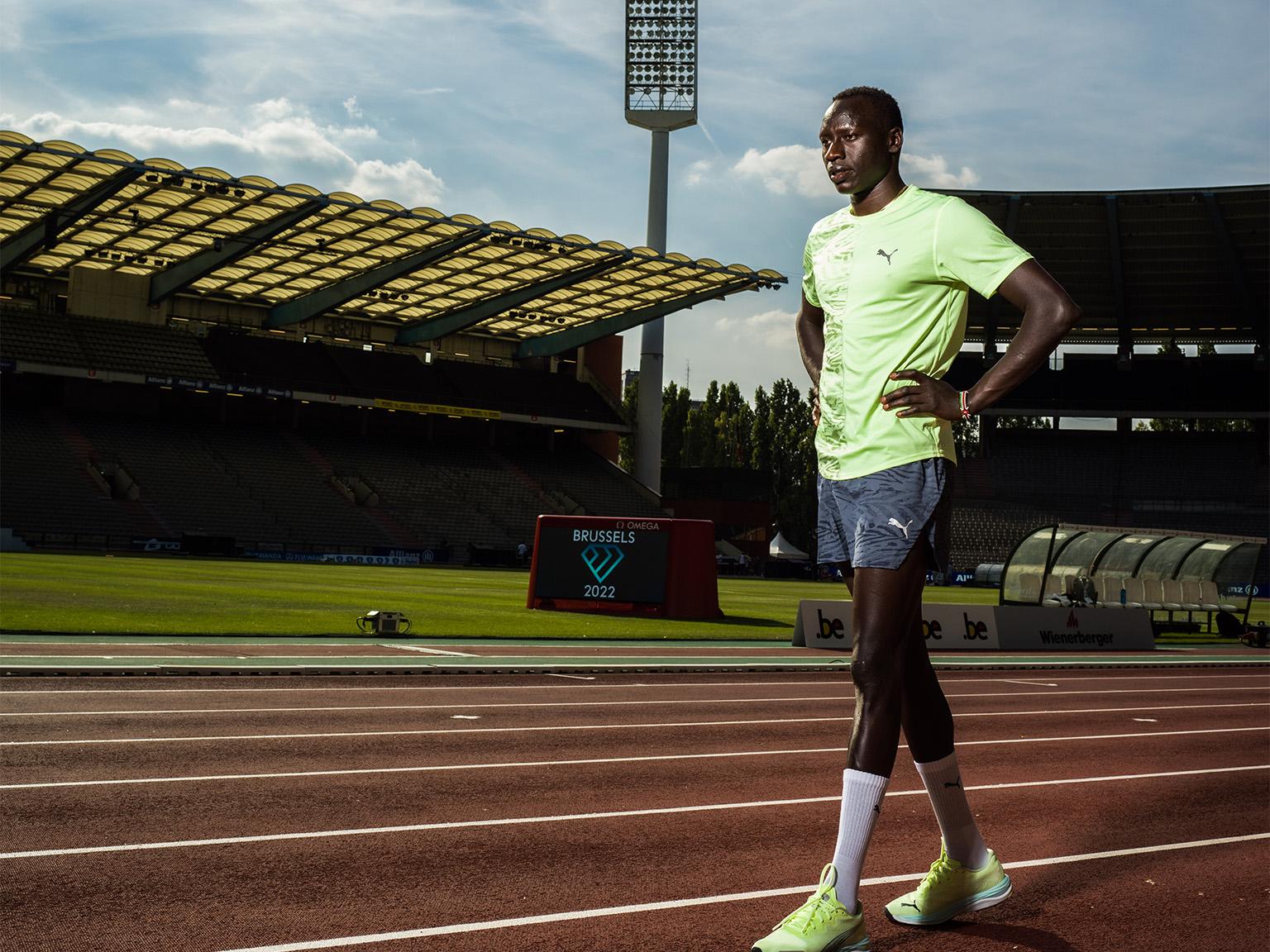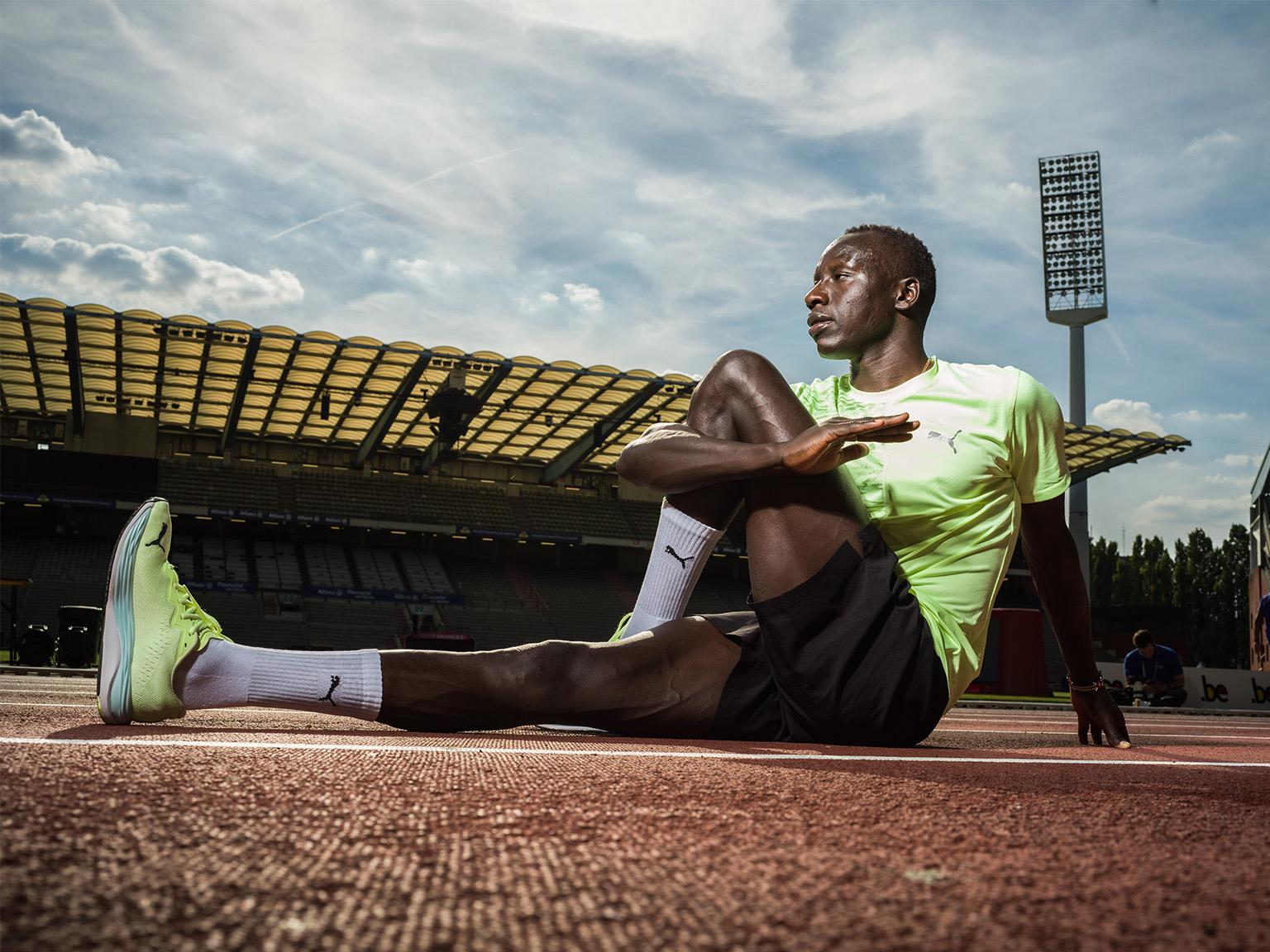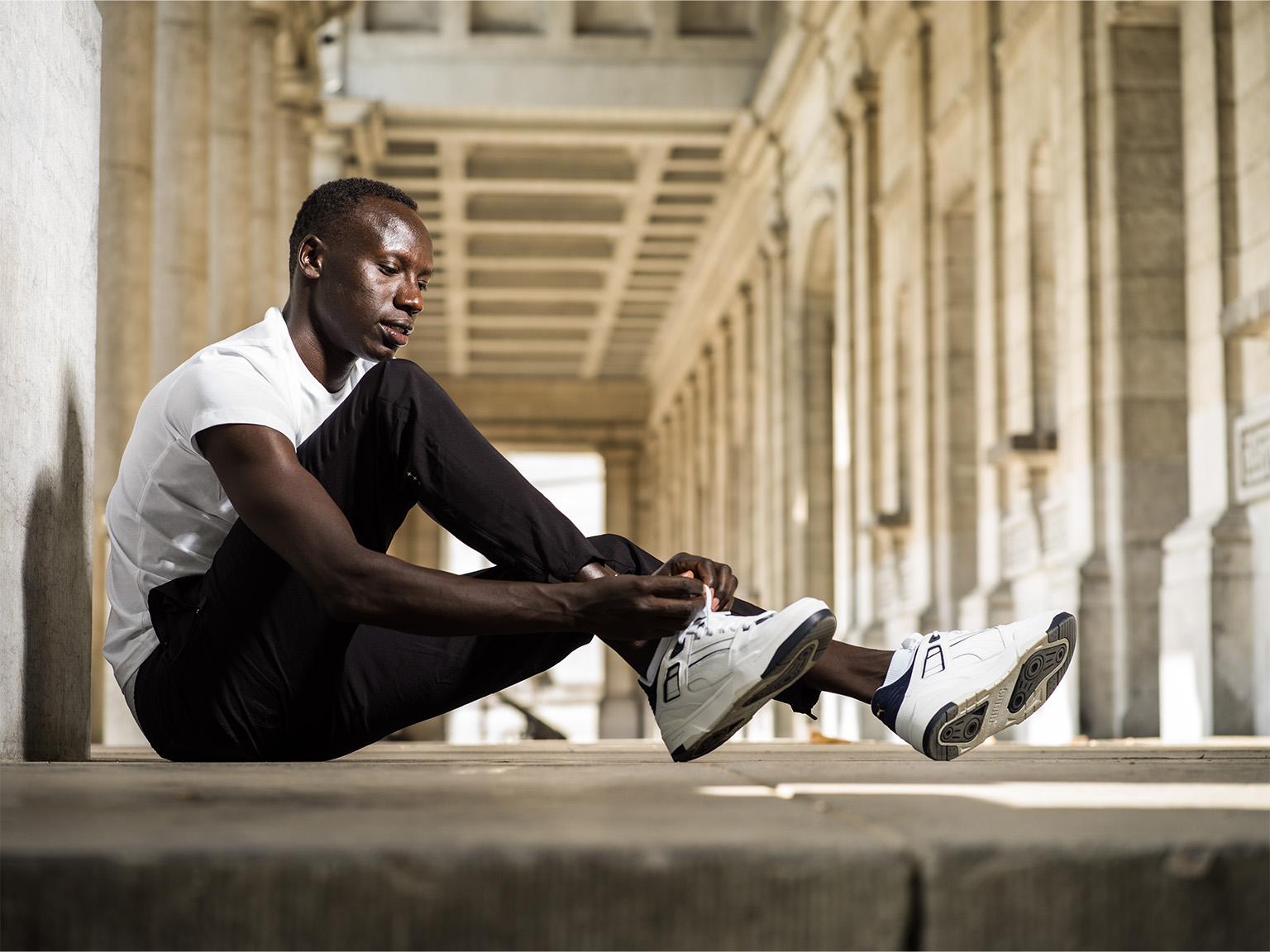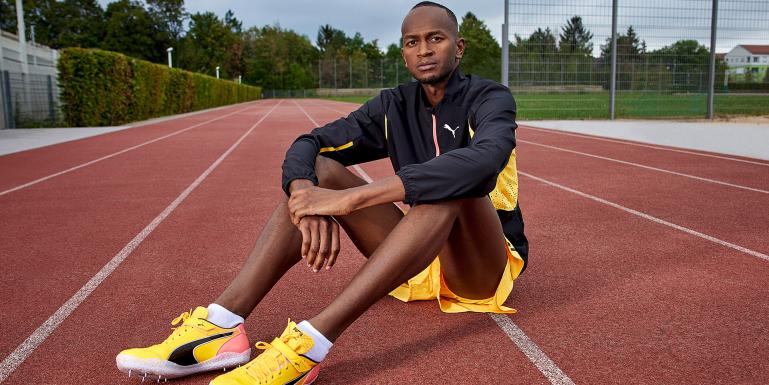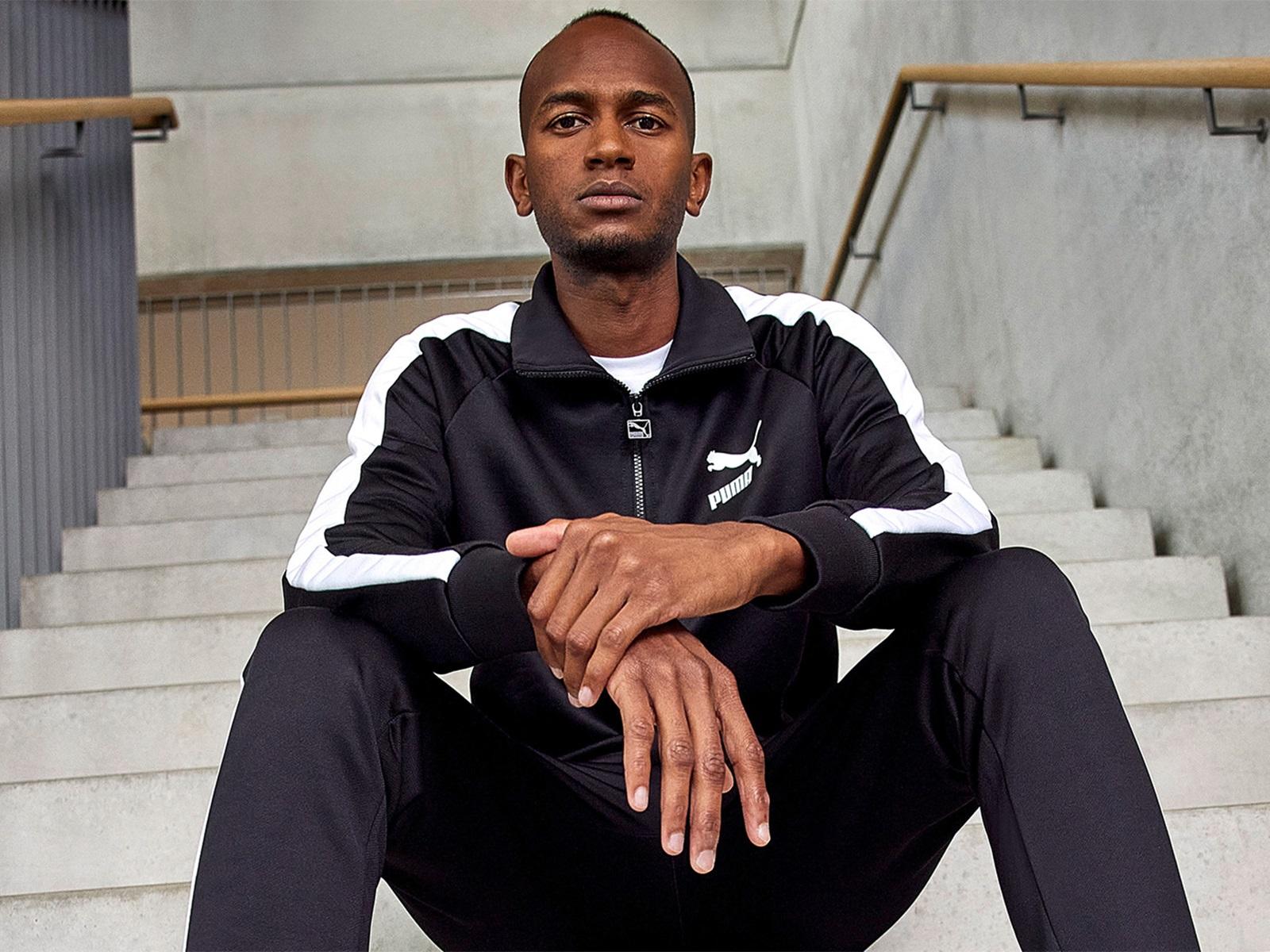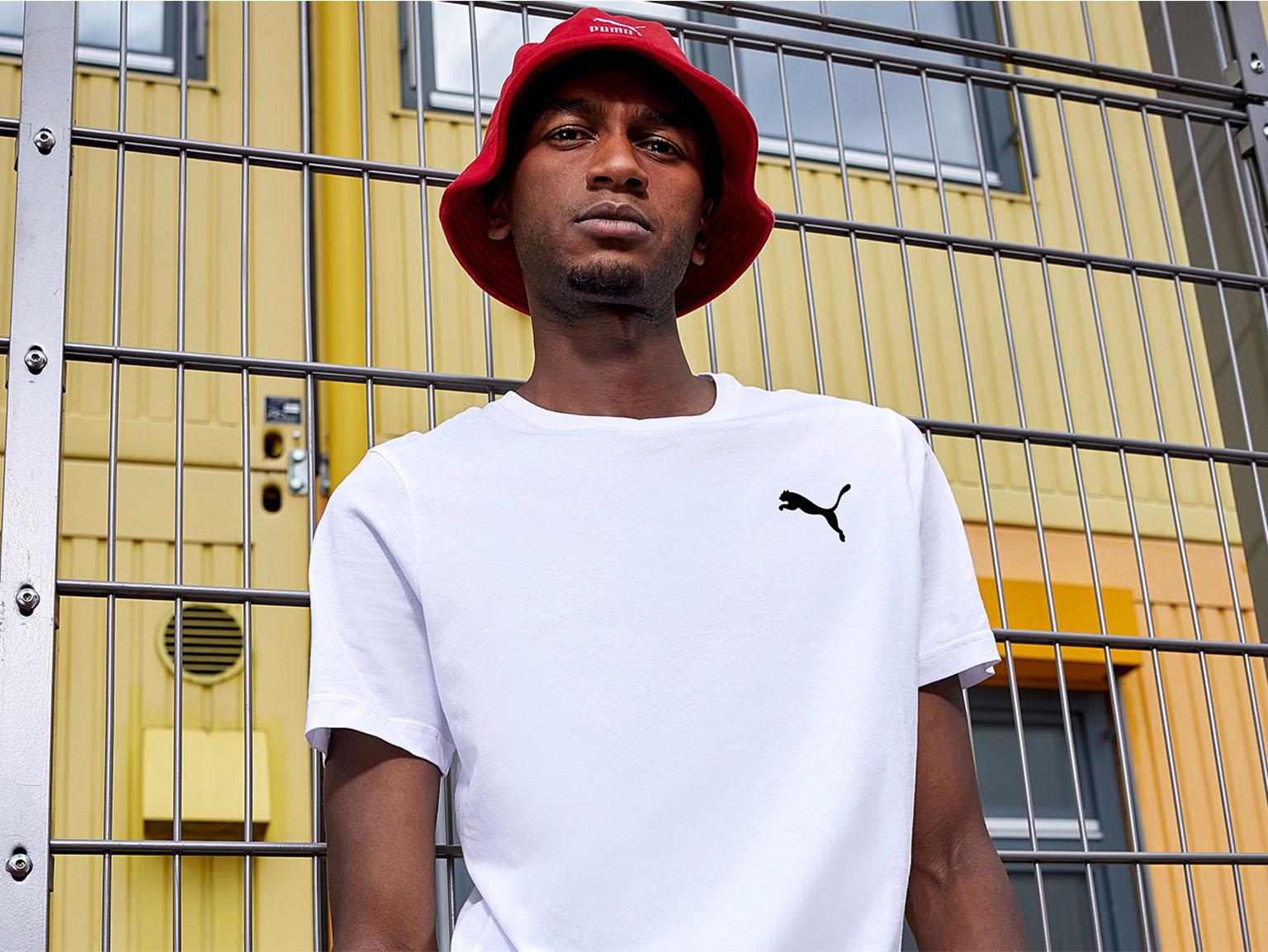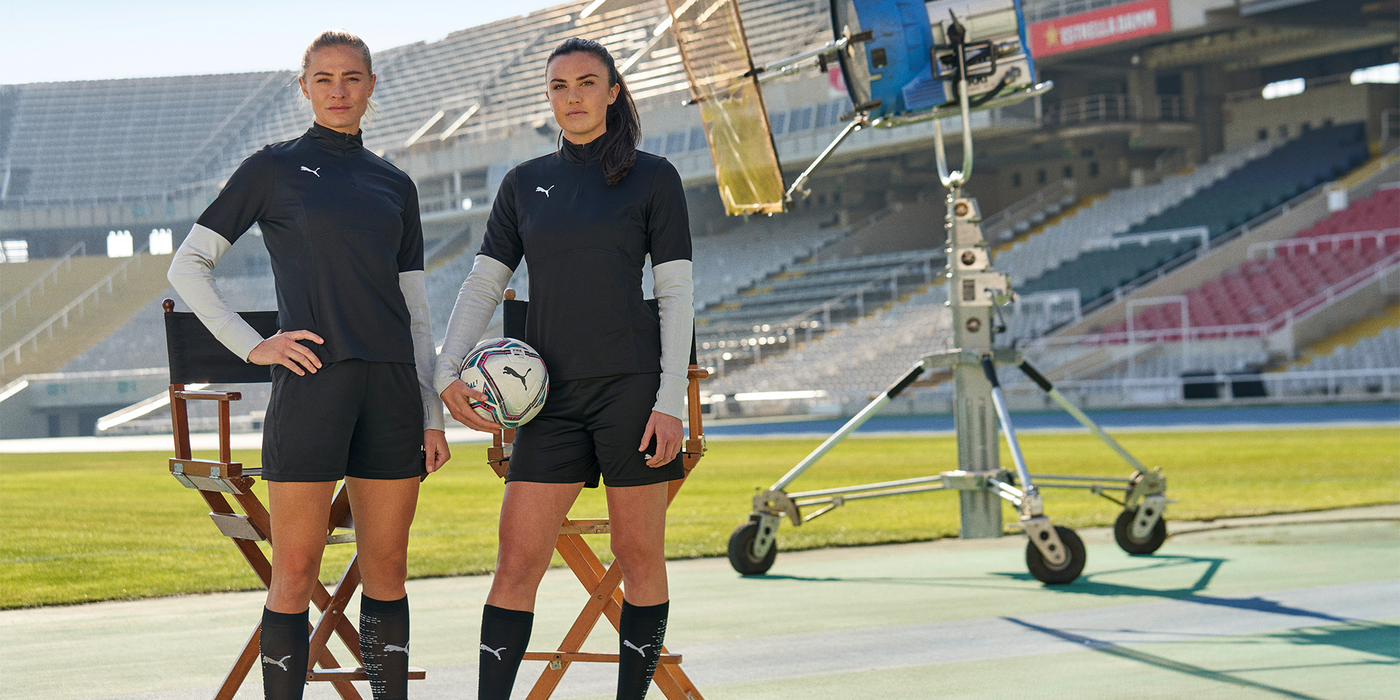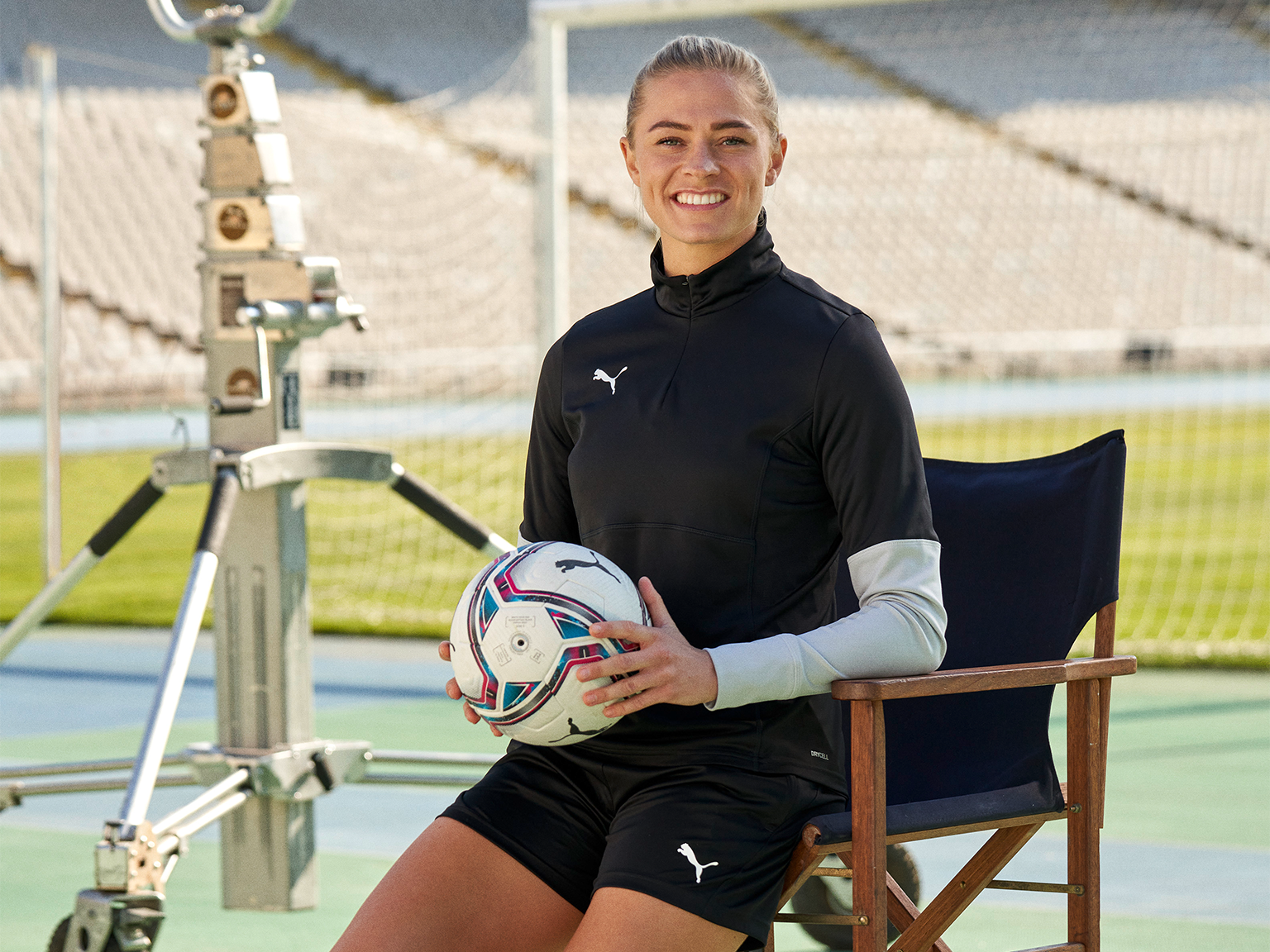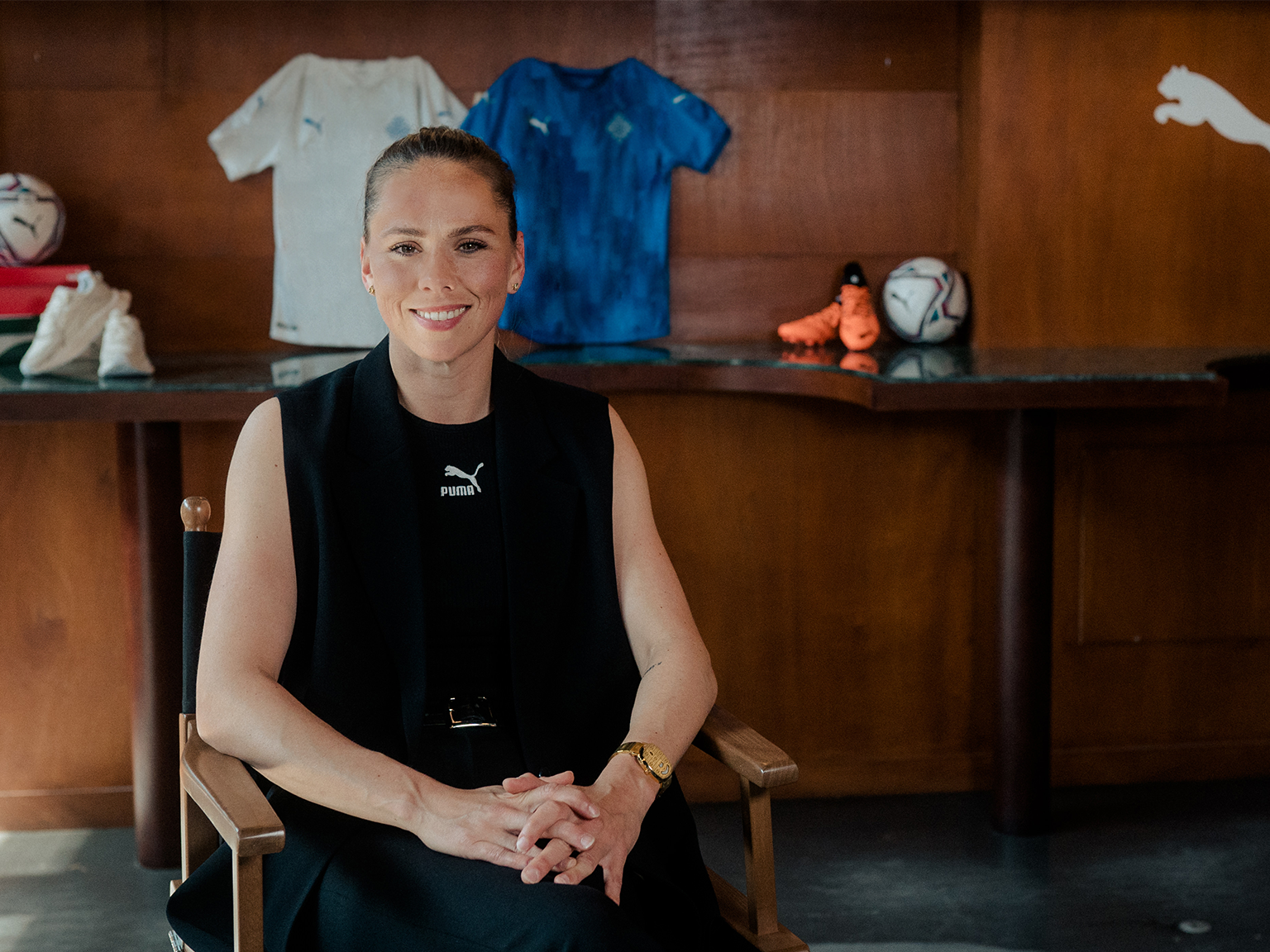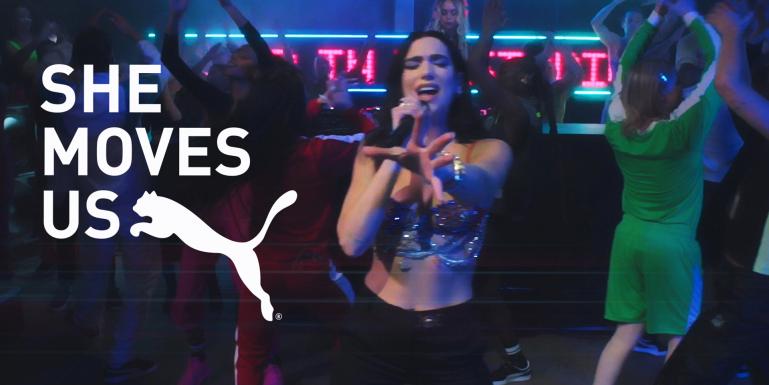Eine neue Studie von PUMA, bei der 6.000 junge Menschen im Alter zwischen 18 bis 25 Jahren aus Großbritannien, den USA, Frankreich, Deutschland, Italien und Spanien befragt wurden, hat ergeben, dass 94% die Umwelt am Herzen liegt. Jedoch fehlt nahezu jedem Fünften von ihnen die Motivation, nachhaltiger zu leben, da sie sich ausgeschlossen fühlen.
Mit der Conference of the People, powered by PUMA, geht das Sportunternehmen auf diese Problematik ein. Bei der Veranstaltung wird die Modeindustrie zusammenkommen und Lösungen für nachhaltigere Prozesse und Praktiken diskutieren. Dabei wird der aktive Dialog mit der Gen-Z im Mittelpunkt stehen. Die Konferenz wird am 6. September live aus London gestreamt.
Auf die Frage, was sich die junge Generation von Marken in Bezug auf Umwelt und Nachhaltigkeit wünscht, stand die Forderung nach schnellerem Handeln an erster Stelle (52%). Zudem erwarten sie von den Marken mehr Engagement bezüglich nachhaltiger Veränderungen (49%), eine bessere Kommunikation ihrer Ziele (40%) und mehr Transparenz gegenüber Kund*innen (34%). Zwei Fünftel der Befragten sind zudem daran 2 interessiert, mit Marken zusammenzuarbeiten, um selbst aktiv werden zu können. Es wurde erneut deutlich, dass junge Menschen hinsichtlich ihrer Gedanken und Gefühle zur Klimakrise ernst genommen werden möchten. Ein Viertel (26 %) vermisst zudem eine Plattform, auf welcher junge Menschen ihre Ansichten zum Thema ökologischer Nachhaltigkeit teilen können. Sie wünschen sich, dass Marken ihre Meinung miteinbeziehen.
Für die eintägige Veranstaltung, die diesen Monat stattfindet, hat PUMA Podiumsdiskussionen organisiert, an denen einige der prominentesten Stimmen zu nachhaltiger Mode sowie Prominente und Vordenker*innen der nächsten Generation teilnehmen. Zu den Diskussionsthemen gehören der Umgang mit Abfall, die Verwendung nachhaltigerer Materialien, die Auswirkungen des Klimawandels und Möglichkeiten, wie die Branche zusammenzuarbeiten kann, um schneller Ergebnisse zu erzielen.
Auch unter jungen Menschen nimmt die Angst vor Umweltkatastrophen zu. Mehr als ein Drittel (36 %) von ihnen gab zu, dass sie der globalen Erwärmung und dem Klimanotstand sehr besorgt gegenüberstehen. Am höchsten ist die Zahl in Italien (66 %). Das Sportunternehmen plant, dieses Problem direkt anzugehen. So wird die Schauspielerin, Model und Aktivistin Cara Delevingne darüber sprechen, wie junge Menschen mit Klimaängsten umgehen können.
Die Conference of the People, powered by PUMA, ist eine einzigartige Veranstaltung. Ziel ist es, ein Umfeld zu schaffen, in dem PUMAs Branchenkolleg*innen, Aktivist*innen, NGOs, Expert*innen, Botschafter*innen und Verbraucher*innen zusammenkommen und Lösungen für einige der drängendsten Nachhaltigkeitsherausforderungen der Modeindustrie diskutieren können. So trägt das Sportunternehmen dazu bei, dass die jungen Stimmen weltweit gehört werden.
Anne-Laure Descours, Chief Sourcing Officer bei PUMA, sagt: „71% der jungen Menschen sind der Meinung, dass ihre Stimme nicht gehört wird, wenn es um ökologische Nachhaltigkeit geht. Es ist klar, dass es da ein Problem gibt. Die Generation Z muss mit den Klimaentscheidungen, die heute getroffen werden, leben. Deshalb ist es wichtig, dass sie gehört werden. Ich hoffe, dass wir mit der Conference of the People eine Plattform sowie ein sicheres Umfeld für jüngere Generationen schaffen. So können sie mit uns als Branche neue und nachhaltigere Wege erarbeiten.“
Um mehr über die Conference of the People zu erfahren und um sich für eine physische oder virtuelle Teilnahme anzumelden, können Interessierte PUMACOP.com besuchen und @PUMA [ggf. lokale IG einfügen] in den sozialen Medien folgen.
Die Conference of the People beginnt am 6. September um 12pm BST (13pm CET, 7 am ET). Der Livestream der Veranstaltung ist für alle kostenlos zugänglich.
